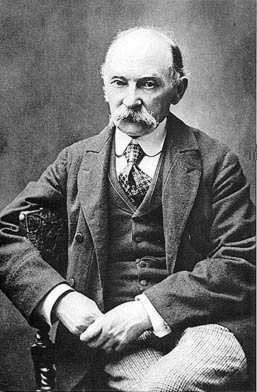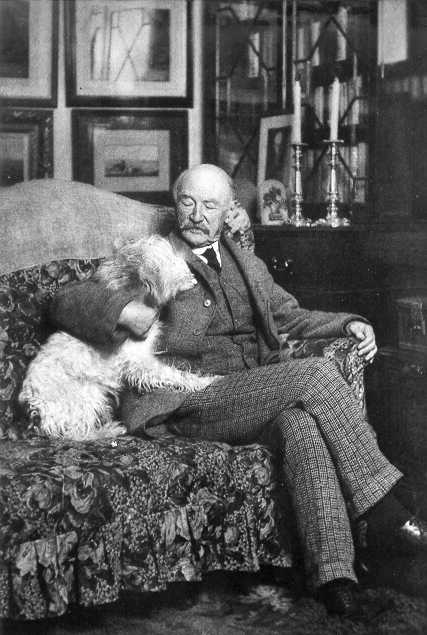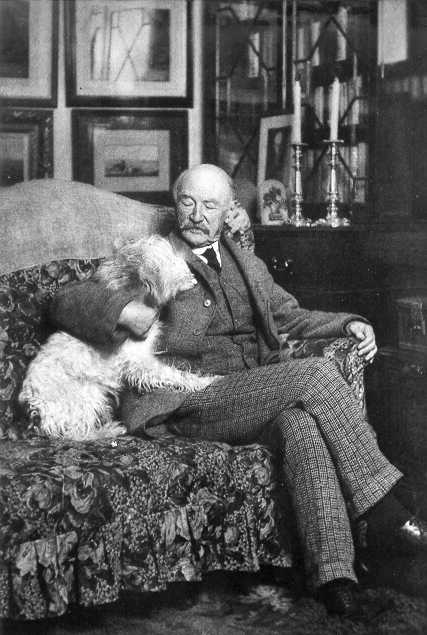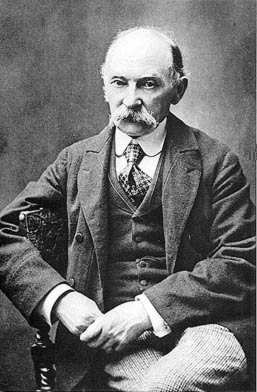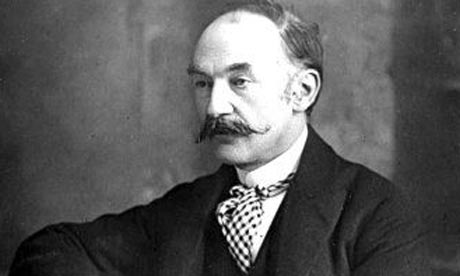“The Convergence of the Twain”: Thomas Hardy and Popular Sentiment

On April 15, 1912, on her maiden voyage, the British steamer Titanic, the world’s largest and most luxurious ship, struck an iceberg in mid-Atlantic and sank.… continue reading...

